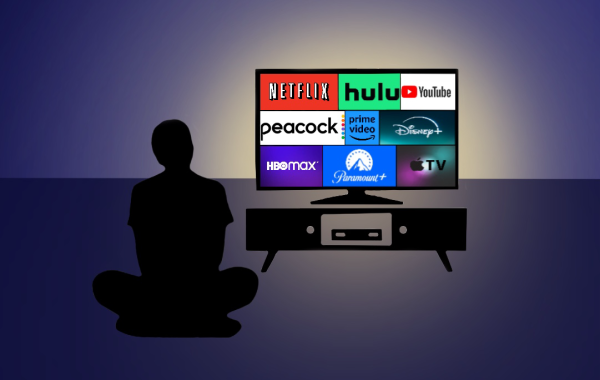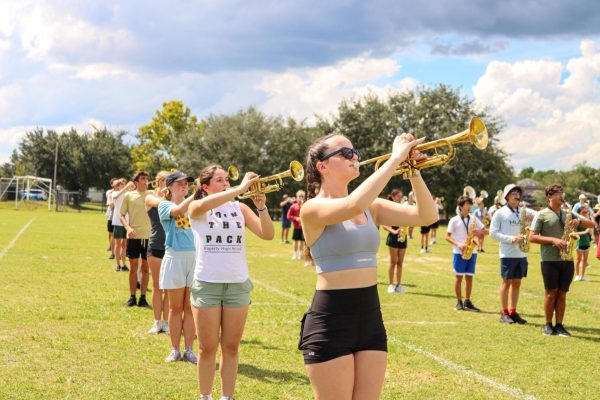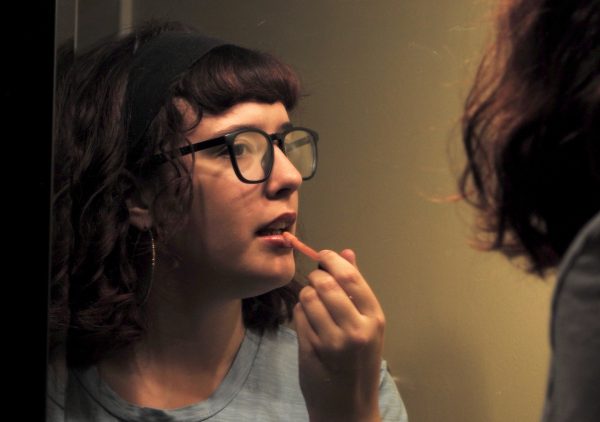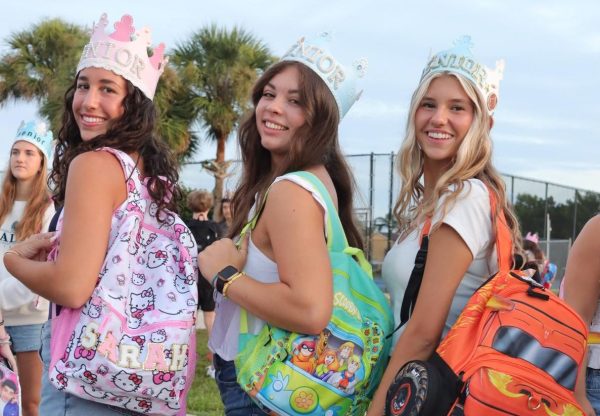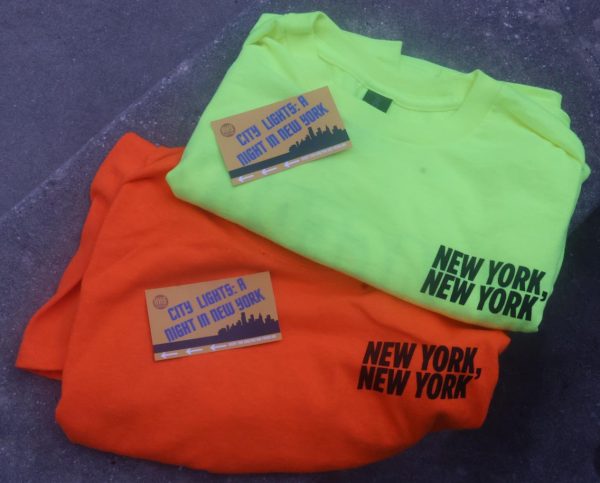Black Lives Matter movement looks long term
Typical talks teenagers have with their parents might be about Friday night curfews, overuse of the cell phone or who to hang out with. For junior Tania Sims, one more thing can be added to that list: how to stay safe if a police officer ever confronted her.
Sims is part of a national trend moving toward racial equality as a result of high police brutality rates against black individuals along with general racist undertones still present in America. Because of this, a number of civil rights movements have emerged, highlighted by the Black Lives Matter movement.
“Black lives are crucial and right now, they’re going away. We have to preserve that with this movement,” Sims said.
The Black Lives Matter movement started as a hashtag at the time of the Trayvon Martin shooting and grew with each subsequent incident of alleged race-related violence and police brutality. Eventually, groups of activists adopted the hashtag as a rallying cry that ripened into an organized movement for social justice.
“Some people are so used to the old lifestyle of white supremacy that they’re not used to having equality,” sophomore Creshawn Pearson said. “People need to understand that everybody is equal, no matter what skin tone you are, what gender or anything else.”
Although the type of violence that Black Lives Matter supporters protest is not as prevalent in Oviedo, the movement still has a lot of support.
“I identify with the movement because if I were to see someone that I was close with hurt because of people thinking that black lives don’t matter, it would really hurt me to think that I could have done something about it, but I didn’t,” sophomore Maxwell Johnston said.
While many Black Lives Matter supporters back the movement for moral and ethical reasons, some also have personal experiences with social prejudice that motivate them to join in the fight for racial equality. Pearson has been called the N-word by strangers a number of times, and Johnston admitted to being followed in stores by those who believe that he will steal something because of his skin color.
“I’ve always been told that I’m not black enough for the black kids and too black for the white kids,” junior Diamond Rickenbacker said. “It’s hard because I have to put on different faces; to some people I’ll always be seen as ‘ratchet’ or ‘ghetto,’ and that’s just not who I am.”
For some, however, standing with the movement is a simple act of solidarity and personal enlightenment.
“It’s very important to be socially aware. Just because something isn’t happening in your area or in your state, that does not mean you don’t need to be socially aware,” Sims said. “Black lives are being taken away too fast and although the demographics aren’t mostly black [in Oviedo], it is important for people that are and aren’t black to know what is happening and how it’s affecting them.”
And for this reason, Black Lives Matter has gained just as much support as the black community from the non-black community. To junior Andrew Ballantyne, who is white, non-identification with the movement equates to hypocrisy.
“I feel like I have a duty [to the movement] because I, myself, have my own problems with being treated differently because of my sexuality, and I can’t just have mine without helping theirs,” Ballantyne said. “If you fight for one side of equality, then you have to fight for the other.”
Although Black Lives Matter protesters’ stance on racial prejudice is clear, the nature of the movement leaves plenty of room for misunderstanding. The movement’s website defines itself as a “collective project, not one overseeing organization.” As such, activists answer to their local chapters and communities for their actions, not a centralized committee. This decentralization allows the movement’s 27 chapters, and those working independent from a chapter, to decide their own goals and the strategic communications used to achieve them, yet it has also led to the demonstrational violence wrongly associated with the movement, such as the destruction that occurred during the Ferguson riots.
“I want people to know that Black Lives Matter is not just a reason for violence. It’s a reason to tell people that we’re tired of being mistreated,” Rickenbacker said. “We’re tired of feeling like no one is listening to us.”
Timeline made on the HagertyJourn thinglink.
Your donation will support the student journalists of Hagerty High School. We are an ad-free publication, and your contribution helps us publish six issues of the BluePrint and cover our annual website hosting costs. Thank you so much!

